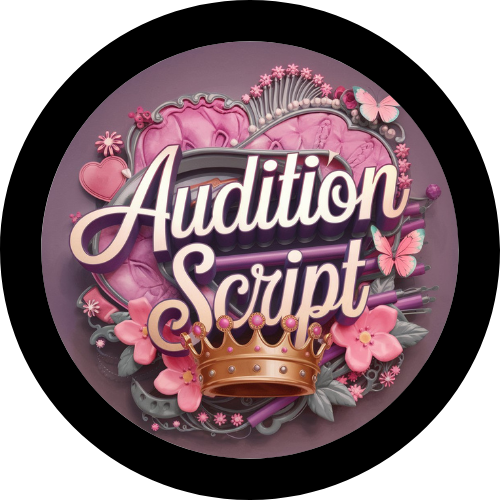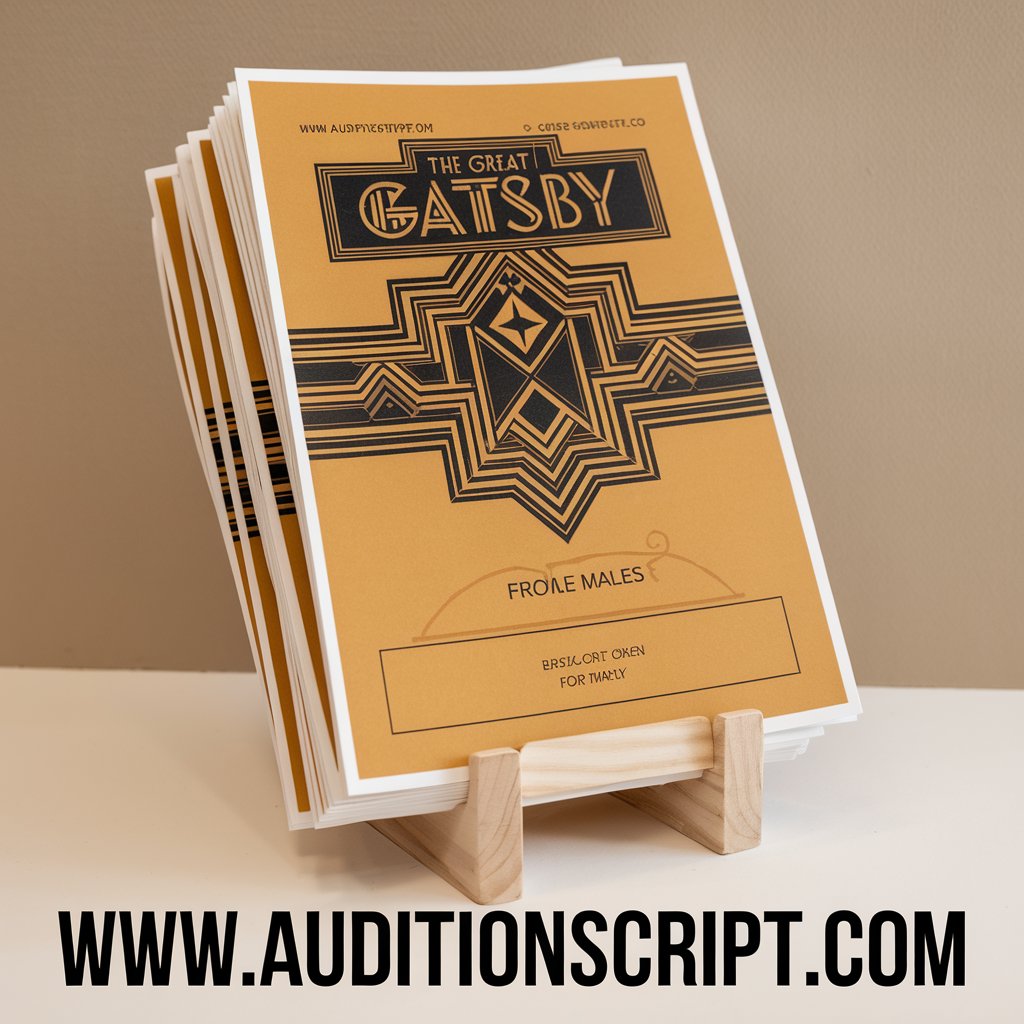A Comprehensive Guide to Berklee College of Music Audition (2025)
The Berklee College of Music auditions are an essential part of the admissions process for hopeful students looking to become members of this elite school. This in-depth guide delivers the latest information on the audition requirements, preparation tips, and insider secrets to enable candidates to present their musical skills in the best possible way.
Audition Structure and Format
The Berklee audition is a multifaceted assessment aimed at measuring the skills of an applicant in terms of differing aspects. All Bachelor of Music candidates are required to undergo a live audition and interview as part of their application process. The entire audition process lasts for about an hour, with each of warm-up time, the audition itself, and interview being given about 15 minutes.
The audition has four separate elements:
- Live Prepared Piece – A live performance demonstrating your music abilities and stylistic tastes
- Improvisation – Showing your skills in spontaneous music creation
- Sight Reading – Sight reading and performance of new musical notation
- Ear Training – Testing your ability to recognize musical elements by ear
Applicants may audition in-person at Berklee’s Boston campus (preferable wherever possible) or at other international locations. Online auditions are also possible for those who cannot be present. Notably, the evaluation criteria are the same across all audition locations and formats.
Online Audition Details
For students who choose to audition online, Berklee administers the sessions through Zoom. An ethernet connection is not strictly necessary but is highly recommended for best connectivity. The week of the arranged audition date, candidates are sent email instructions with links to the online audition and interview lobby.
Faculty members share their screen during online auditions for sight-reading exercises and post links to audio tracks for the improvisation part. Use an audio interface or corded headphones and an external mic is suggested; Bluetooth headphones should be refrained from.
Instrument-Specific Requirements
Aside from the usual audition elements, each instrumental department also has some technical requirements which applicants need to be ready to present:
Bass (Acoustic and Electric)
Applicants must be prepared to play bass lines in all of the following styles: jazz two-feel, walking, pop-rock, samba, bossa, and funk on standard chord progressions.
Brass Instruments
Brass instrumentalists (baritone horn, bass trombone, French horn, trombone, trumpet, tuba) must be able to play with dynamic contrasts between registers with good sound and intonation using scales, arpeggios, and tone exercises.
Guitar (Acoustic and Electric)
Guitar auditions must have the candidate play in their main preferred style of music, be it jazz, rock, metal, blues, funk, fusion, classical, fingerstyle, or other.
The Interview Component
The interview part of the process enables Berklee to get to know an applicant’s music history and creative aspirations. In the roughly 15-minute interview, an Admissions representative inquires about the applicant’s preparation for Berklee’s core music curriculum as well as future career aspirations.
Applicants must be ready to respond to questions including:
- “Why do you want to attend Berklee?”
- “How do you stand out from other applicants?”
- Questions relating to music influences and ambitions
This interview is where applicants can talk about their love of music and explain why they would like to have it at the centre of their career.
Preparation Plans
Know Your Material Well
Being well-prepared for all aspects of the audition is essential. This not only means mastering your prepared piece of music but also being prepared for improvisation, sight reading, and ear training exercises. Berklee graduate Leah Hinton adds:
“Be prepared for what will be required of you in your audition. Berklee does have certain tasks for you to prepare for other than performing a couple of songs in the style of your choice, which are improvisation, sight reading, and ear training. Be prepared for all of it!”
Seek Expert Advice
Working with an alumnus or faculty from Berklee some months in advance of the audition can also help them gain insights into the process and what’s required. Working with someone who is well aware of Berklee’s standards is another suggestion made by Berklee alumnus Yonit Spiegelman.
Highlight Authenticity
Berklee encourages prospective students to be their “100% authentic self” and to reveal their greatest aspirations in the audition process. The college prizes unique artistic identity and is interested in knowing what music is to prospective students on an intimate level, how it brought them to Berklee, and where it will take them in the future.
Scholarship Considerations
The performance at the audition and interview has a direct influence in merit scholarship awards. This is significant as Berklee grants some $47 million in scholarships each year, of which the majority are merit scholarships. For international students who do not receive federal assistance, the incoming scholarship is their principal source of funding.
Thorough preparation for the audition can also have serious financial implications in addition to gaining entrance into the program.
Logistics and Equipment
In-Person Auditions
For in-person auditions, Berklee makes some equipment such as bass amplifiers and guitar amplifiers available. Candidates should bring their instruments and related accessories including:
- Instrument (and backup if possible)
- Tuner
- Additional strings/reeds/etc.
- Instrument cables
- Effects/pedals required for the prepared piece
- Extra batteries
- Any specialized accessories for their instrument
Online Auditions
For online auditions, candidates should make sure to have:
- A steady internet connection (preferably through ethernet)
- A suitable audio configuration (interface or mic)
- A distraction-free quiet space
- Experience with the Zoom platform
- All the required instrument accessories
Final Thoughts
The Berklee College of Music auditioning process is in-depth, aiming at assessing both technical skill and creative ability. By knowing what to expect, preparing thoroughly for each part of the process, and coming at it with sincerity, candidates can increase their potential for admission and scholarship receipt.
The most successful candidates not only possess technical proficiency but also have clear musical identity, creative vision, and strong sense of why Berklee is the best place to continue their music education and pursue their career goals. Whether auditioning in Boston, at an international site, or via online submission, careful preparation and true passion for music are the essential ingredients for success.
Sure! Below is a realistic demo practice audition script for the Berklee College of Music audition. It includes a full walk-through of how a typical audition might unfold — from the greeting to the prepared piece, improvisation, sight reading, ear training, and the interview.
🎼 Berklee College of Music Practice Audition Script (Demo)
Scenario: Solo musician (electric guitarist) applying to Berklee.
🎤 Welcome and Warm-Up (0–15 min)
Faculty Member (FM):
“Hi Alex, welcome to your Berklee audition! We’re excited to hear you play today. Feel free to take a few minutes to warm up. Let us know when you’re ready.”
Applicant (Alex):
“Thanks so much! I’ll be ready in a minute or two.”
(Alex warms up with light scales and chord progressions for ~2 minutes)
🎸 1. Prepared Piece (15–30 min)
FM:
“Great. Let’s begin with your prepared piece. Please let us know what you’ll be performing.”
Alex:
“I’ll be playing ‘Little Wing’ by Jimi Hendrix. I’ve arranged parts of the original with some personal improvisation in the middle.”
FM:
“Sounds good. Go ahead whenever you’re ready.”
(Alex plays a 2-3 minute version of the song, showcasing tone, feel, dynamics, and technique.)
FM:
“Thank you, Alex. Nice tone and great phrasing!”
🎵 2. Improvisation
FM:
“Next, we’ll do some improvisation. We’ll play a C minor blues backing track. Use whatever mode or style you prefer — we just want to hear your creativity and feel.”
(Faculty shares backing track or plays it live)
FM:
“Ready?”
Alex:
“Yes, ready!”
(Alex improvises over the track for 1–2 minutes, showing melodic ideas, scales, bends, and rhythmic variation.)
FM:
“Cool ideas! Thanks. Let’s keep going.”
🎼 3. Sight Reading
FM:
“We’re going to share a short excerpt with standard notation. Please take a moment to review it, and then play it when you’re ready.”
(A 4-bar melody in 4/4 time, moderate tempo, is shared via screen for online audition or printed in person.)
Alex:
“Okay, got it.”
(Plays the sight-reading piece. May make a small mistake but recovers quickly.)
FM:
“Nice job — we just want to see your comfort level with notation, so don’t worry about being perfect.”
🎧 4. Ear Training
FM:
“Now for some ear training. First, we’ll play two notes — please tell us the interval.”
(Faculty plays C and E)
Alex:
“That’s a major third.”
FM:
“Correct! Now one more:”
(Plays G and F#)
Alex:
“That’s a major seventh.”
FM:
“Nice! Last one — we’ll play a short melody. Try to sing it back.”
(Plays a 5-note melodic phrase)
Alex:
(Sings the melody accurately)
FM:
“Great work!”
👥 5. Interview (30–45 min)
FM:
“Now let’s talk a bit about your musical background and goals. Why do you want to come to Berklee?”
Alex:
“Berklee has been my dream since high school. I love that it offers so many different styles and has a global network. I want to grow not just as a guitarist but as a well-rounded composer and producer.”
FM:
“What sets you apart from other applicants?”
Alex:
“I think my strength is storytelling through my music. I also collaborate a lot and enjoy blending genres like funk, rock, and lo-fi. My goal is to create music that’s both technically interesting and emotionally resonant.”
FM:
“Who are your biggest musical influences?”
Alex:
“Jimi Hendrix, Tom Misch, and John Mayer — all musicians who express emotion with technique and taste.”
✅ Wrap-Up and Closing (45–60 min)
FM:
“That’s it for today. Great job, Alex. Do you have any questions for us?”
Alex:
“Yes, will there be feedback given after the audition?”
FM:
“While we don’t provide individual feedback, your performance today will be evaluated by our faculty team and taken into account along with your full application. We’ll be in touch about your results. Thank you and good luck!”
Alex:
“Thank you! I really appreciate the opportunity.”
📚 Tips for Practicing With This Script
- Record yourself doing the full mock audition to assess tone, pacing, and confidence.
- Practice answering the interview questions aloud. Authenticity matters.
- Simulate sight-reading with random music excerpts in various keys and time signatures.
- Train your ear using apps like Tenuto or Functional Ear Trainer to nail the interval section.
Would you like a similar script tailored to another instrument or style (e.g., vocal, piano, drums)?

